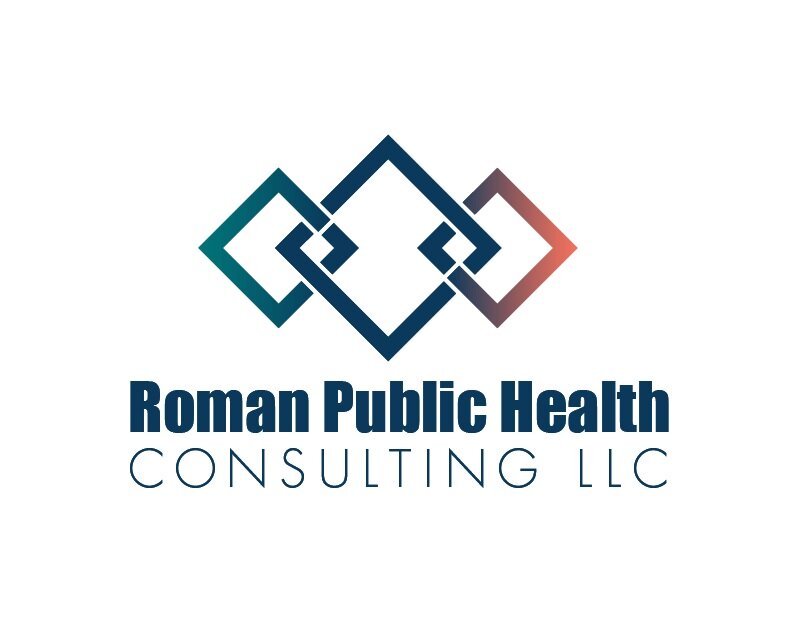Monthly Public Health Consultant Spotlight: Robyn Correll Carlyle, MPH, CHWI
Each month, I will introduce you to a public health consultant or entrepreneur and they will share their path to self-employment and outline key pieces of advice for aspiring business owners.
Today we welcome Robyn Correll Carlyle from Houston, Texas (USA)!
1. Please share your educational background and business title/name.
I am a Public Health Consultant. My business is Adjuvant Media LLC. My degrees and certifications are:
Bachelor of Journalism
Master of Public Health (Health Education and Communication)
Certified Community Health Worker Instructor
Certified Mental Health First Aid Instructor
2. Tell us how you entered the field of public health and what your education and work experience was prior to consulting.
I started working in public health after I joined the Peace Corps as a health volunteer in 2008. Prior to my service, I worked in journalism and public relations. But after a little over two years on the coast of Peru working on health education and capacity-building projects, I knew I wanted a career change.
So when I returned to the U.S., I earned my master’s degree in public health and spent the next decade working in health education and communication for public health departments, nonprofits, and eventually myself. Like many working in government and nonprofit roles, the experience made me something of Jill-of-all-trades. I first worked implementing health education programs, but eventually grew to take on responsibilities in program management, communication planning, and evaluation.
3. When did you start consulting and what were your motivations for pursuing self-employment?
I started consulting in 2017 after the birth of my second child. I loved working in the nonprofit sector but wanted more flexibility in my work-life balance.
4. Who is your ideal client? What services do you offer?
My ideal client is excited about their mission and is eager to make their programming more impactful and efficient. I help organizations develop stronger, more rigorous public health programs and communication campaigns by:
Digging into their data (or helping them find more) to figure out where their strengths lie and what opportunities there are to be even more effective or efficient
Using data to create or improve messaging strategies or curricula
Creating science-based health content that is appropriate and relevant for the audience they want to reach
As a community health worker instructor, I also develop courses specifically for CHWs and promotores on a range of health topics, including communicable diseases (like COVID-19), vaccines, risk communication techniques, and mental health.
5. What is your favorite type of project to work on and why?
I really enjoy helping organizations do more with data, especially when it comes to communications. Whether it be teaching them how to leverage social media analytics, webinar insights, or search engine optimization tools, I love helping teams learn how to evaluate their messaging and make it more engaging.
6. Many of our readers are considering a career as a self-employed public health consultant or entrepreneur. What is your best piece of advice for those considering or just starting out?
Make time to evaluate your own services. I track my time on all projects (even those with a project-based fee) to see where my time is being spent and whether I can make adjustments to be more efficient. When I put in a bid or project proposal, I jot down how much time I expect it will take me to complete a given deliverable, and after the project is over, I compare my estimates to my actual time logs. This helps me get a better feel for how much time it generally takes me to perform a particular service, so that my bids and timelines are more accurate going forward.
I also make sure to check in with clients periodically to see if there’s anything I could be doing differently or more of. As a consultant, we don’t always get affirmation when things are going well, or (with new clients especially) they might feel awkward raising concerns. By being proactive about asking for feedback, it can help ensure you’re delivering what your client needs, the way they need it.
7. How can readers connect with you?
Readers can connect with me via my website, LinkedIn, Instagram, and Twitter.

